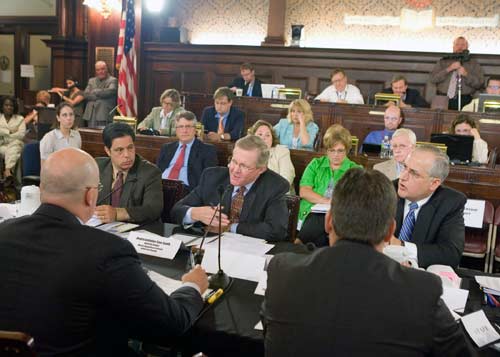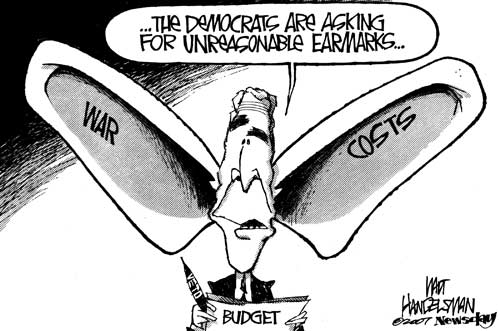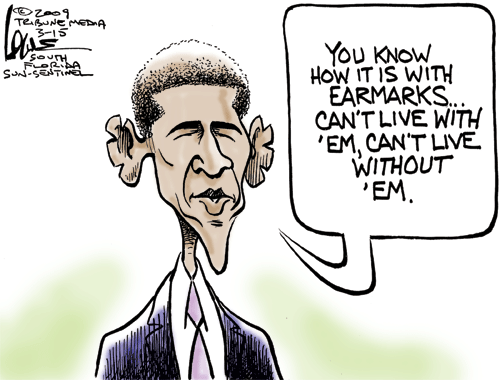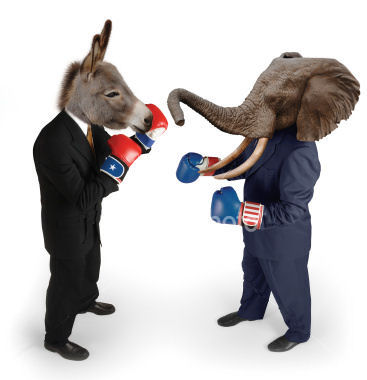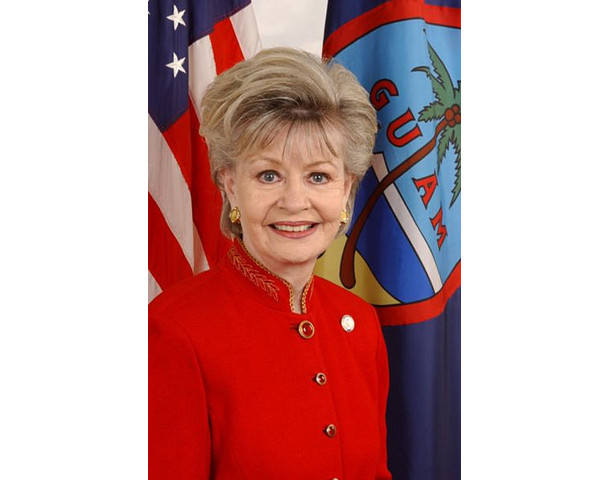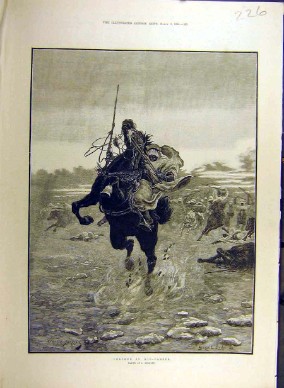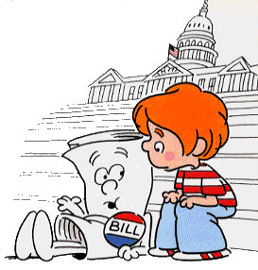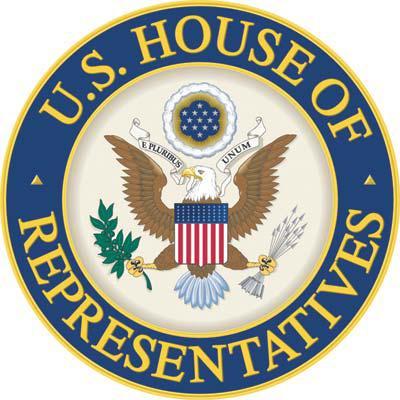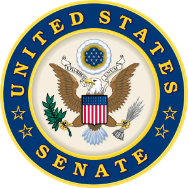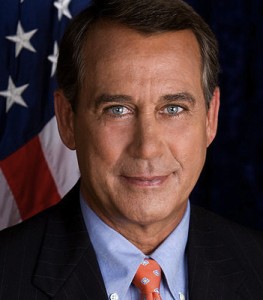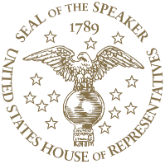Congress
The People's Branch
Chapter eleven deals with the legislative branch of the United States government and the process of drafting, passing, and vetoing bills. Congress is a bicameral legislature that is made up of the House of Representatives and the Senate. The House of Reps is made up of 435 representatives from all 50 states and the number of reps is proportional to the population of the state. The rep is voted for based on the district that they are representing; districts always change thus the number of House reps are changing as well and this process is called reapportionment. The House is led by the Speaker of the House, the majority party leader, the minority party leader, and the whips of each party. Although the Senate is a smaller chamber made up of 100 representatives-2 rep per state-, they have more power; unlike the House, the Senate is only led by the majority and minority party leader. Congress is influenced by the public’s needs by: representing, lawmaking, consensus building, overseeing the bureaucracy, policy clarification, and investigating. Aside from explaining the United States’ Congress, this chapter clarifies the process of making a bill a law. The process is a long and sometimes tedious one that may or may not have a successful outcome. Many bills do not get pass Congress, but if it does, the President can either sign it making it a law, veto or reject it, wait 10 days and not sign it so Congress doesn’t have a chance to revote, and/ or not sign when Congress is still in session giving the bill another chance to go through the long process again. This chapter provides an intimate view of the entire process of creating and passing a bill and the various committees and groups it must go through to ultimately become a law.
Constituents: The residents of a congressional district or state Click HERE to go to Madeleine Bordallo's website 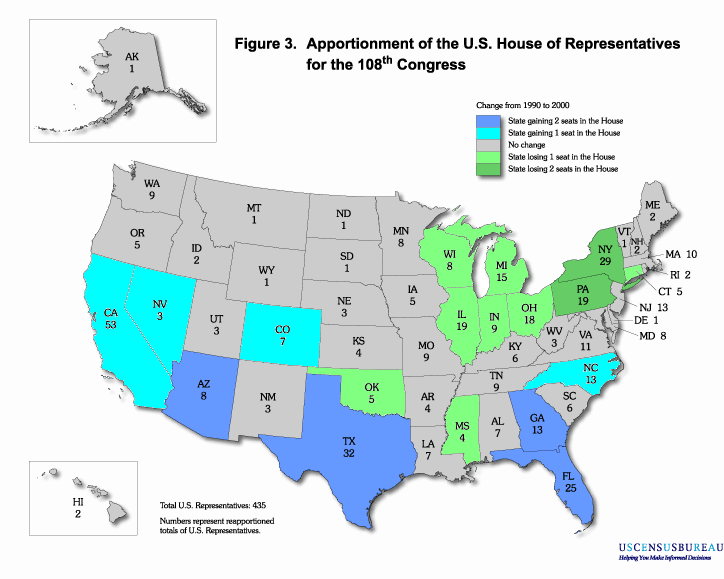 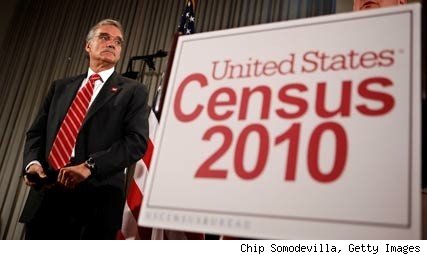
Redistricting: The redrawing of congressional and other legislative district lines following the census, to accommodate population shifts and keep districts as equal as possible in population. Redistricting can be a puzzle because the districts need to be as equal as possible. 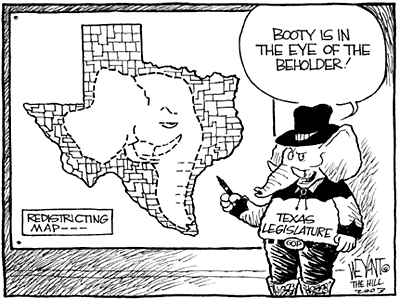 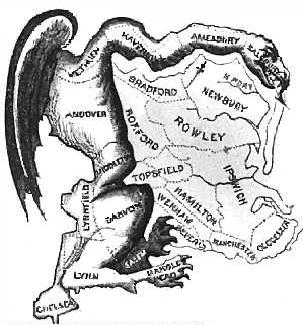
Safe Seat: An elected office that is predictably won by one party or the other, so the success of that party’s candidate is almost taken for granted  Bicameralism: The principle of a two-house legislature The United States has a bicameral congress because of the Great Compromise that made Congress have two houses, the House of Representative and the Senate. 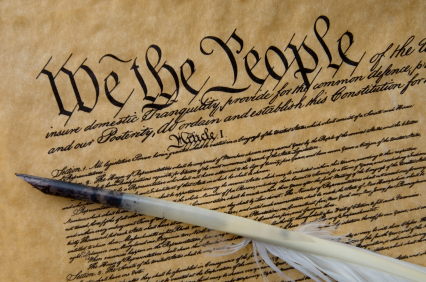
Speaker of the House: The presiding officer in the House of Representatives, formally elected by the House but actually selected by the majority party The Speaker of the House is the selected by the majority party and the current Speaker is The Honorable John Boehner, a Republican.
Majority Leader: The legislative leader in the Senate, that is selected by the majority party who helps plan party strategy, confers with other party leaders, and tries to keep members of the party in line; current majority leader of the Senate is Democratic Senator Harry Reid The Majority Leader is also called the Majority floor leader because they manage and schedule the legislative and executive business of the Senate.Click HERE for Sen. Harry Reid's official website.  Majority/Minority Whip: The whip assist the floor leaders. They serves as liaisons between the leadership and the rank-and-file in the legislature. The current Senate Majority and Minority Whips are Sen. Richard Durbin and Sen. Jon Kyl respectably. The name whip came from the term whipper-in, the huntsman who keeps the hounds bunched in a pack during a foxhunt, which is what the majority and minority whips do. 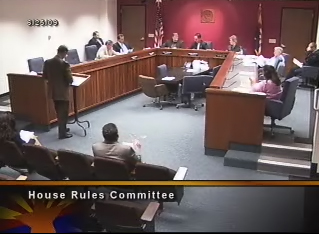
Closed Rule: A procedural rule in the House of Representatives that prohibits any amendments for a bill or provides that only members of the committee reporting the bill may offer amendments Closed rules are generally reserved for tax and spending bills so that those not in the committee do not have a say on amendments for the bill. 
President Pro Tempore: Officer of the Senate selected by the majority party to act as chair in the absence of the vice president; current President Pro Tempore is Democratic Senator Daniel K. Inouye. The President Pro Tempore is usually the most senior member from the majority party.Click HERE for Sen. Daniel Inouye's official website  
Filibuster- a procedural practice in the Senate whereby a senator temporarily blocks the consideration of a bill or nomination A filibuster can continue for as long as the senator who is speaking on the Senate floor does not stop. This can go on until the speaking senator gives up the floor due to exhaustion or voluntarily.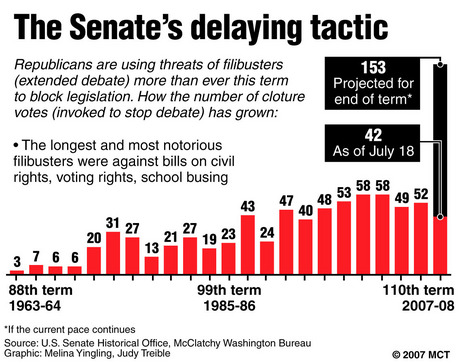 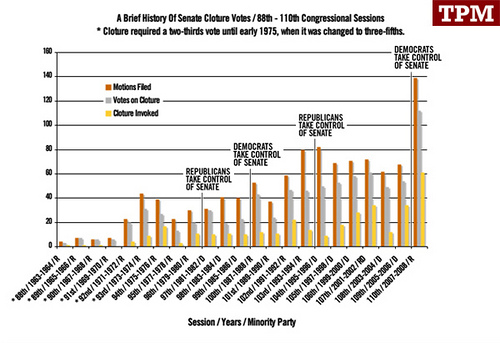
Senatorial courtesy- Presidential custom of submitting the names of prospective appointees for approval to senators from the states in which the appointees are to work 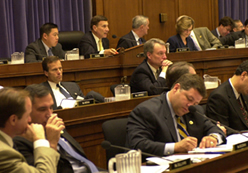 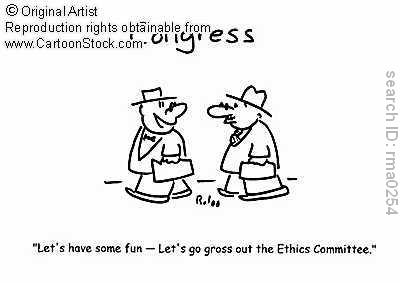
Special or select committee- A congressional committee created for a specific purpose, sometimes to conduct an investigation. 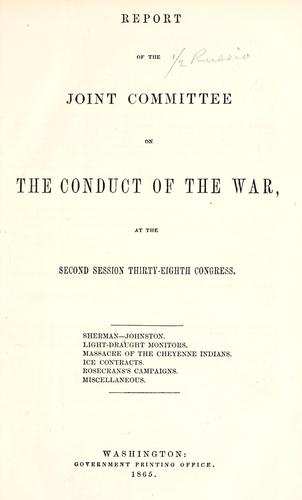
Conference committee- Committee appointed by the presiding officers of each chamber to adjust differences on a particular bill passed by each in different form. Conference committees make adjustments on bills.
Authorization Committee – Authorizing committees pass the laws that tell government what to do. The house and senate education and labor committees, for example, are responsible for setting the rules governing the Pell Grant student loan program, including who can apply, how much they can get, where the loans come from, and how defaults are handled. Simply, they make the most basic decisions about who gets what, when and how from government. The authorization committee makes the rules for which the government must follow.  Appropriations Committee – Appropriations committees make decisions about how much money government will spend on its programs and operations. Although there is just one appropriation committee in each chamber, each appropriations committee has one subcommittee for each of the 13 appropriation bills that must be enacted each year to keep government running. The appropriations committee is responsible for how much money the government spends and how it is spent.  Gov. Jim Douglas (R-VT), Gov. Jim Doyle (D-WI) and Gov. Jon Corzine (D-NJ) participate in a House Appropriations Committee hearing on Capitol Hill, December 11, 2008 in Washington, DC.jpg)
Discharge petition- Petition that, if signed by a majority of the House of Representatives’ members, will pry a bill from committee and bring it to the floor for consideration. The discharge petition will bring the bill to the floor for consideration without being passed by the committee
Earmarks – The 13 appropriation bills that must be enacted each year to keep the government running, often contain special projects, or earmarks, for individual members. Members of congress use earmarks for everything from new highways to university buildings, and these expenditures increase the incumbency advantage. Earmarks are used for special projects that usually help the incumbents.
House ways and Means Committee – It exists to raise revenue through taxes, and therefore is arguably the single most powerful committee in congress. It raises and authorizes spending. It is also responsible for making basic decisions on the huge Social Security and Medicare programs. House ways and means committee is responsible for raising revenue. 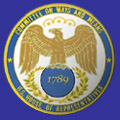 Committee Chairs – Each political party controls the selection of standing committee members. The chair and a majority of each committee come from the majority party. The leadership role in a committee. 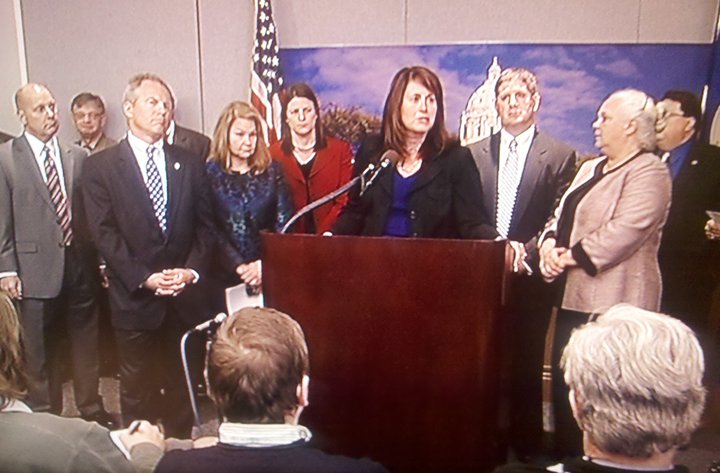 Senate Finance Committee – There are only four prestigious committees in the senate: appropriations, armed services, finance, and foreign relations. Senators can only serve on two of these “Super A” committees, and cannot be chairs of more than one. The senate finance committee is one of four prestigious committees in the senate committees. 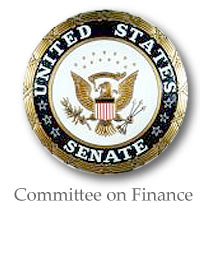 Legislative Oversight - The continuing review of how effectively the executive branch carries out the laws Congress passes. The legislative oversight is important in seeing how effective it is being carried out. 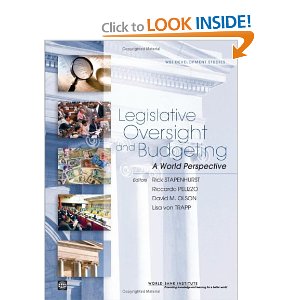 Pork Barrel Legislation - The term pork barrel politics usually refers to spending that is intended to benefit constituents of a politician in return for their political support, either in the form of contributions or votes.
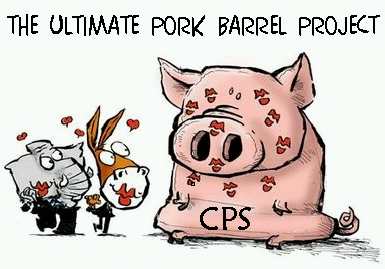
Attentive public- Those citizens who follow public affairs closely. The attentive public pay more attention than the general public to political matters.
Ethics – A branch of philosophy that addresses questions about morality – that is, concepts such as good and evil, right and wrong, virtue and vice, justice, etc. Politicians must deal with ethical issues while in office. 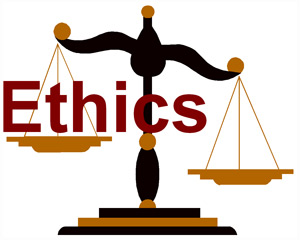 Bill - A bill is a proposed law under consideration by a legislature. A bill does not become law until it is passed by the legislature and, in most cases, approved by the executive. Once a bill has been enacted into law, it is called an act. It takes an idea to create a bill, but a bill is not an act...not yet.  Hopper – House members introduce a bill by placing it into a mahogany box, called a hopper, on a desk at the front of the house chamber; senators introduce a bill by either handing it to the clerk of the senate or by presenting it to their colleagues in a floor speech. The hopper is brown and made out of mahogany. 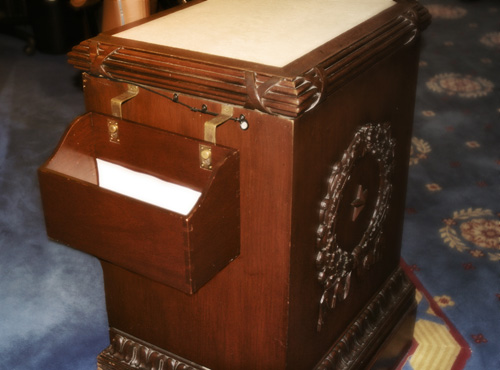 Referral – Although most bills are referred to a single committee, particularly complex bills may be referred simultaneously or sequentially to multiple committees. The bill went through a dozen of referrals.
Markup – Once a committee or subcommittee decides to pass the bill, it “marks it up” to clean up the wording or amend its version of the bill. The term markup refers to the pencil marks that members make on the final version of the bill. There were many markups on the final version of the bill.
Law/ Act – an act is a written ordinance of congress whereas a law is a rule or system of rules recognized by a country or community as regulating the actions of its members and enforced by the imposition of penalties. An act is an action made by a legislature; a law is a wider term for any rules of governance. Laws and Acts are two different things. One is made by legislation and the other is not.
Seniority rule- A legislative practice that assigns the chair of a committee or subcommittee to the member of the majority party with the longest continuous service on the committee. Seniority rule is obvious in legislative practice because most of the important people with positions are old.
Delegate- An official who is expected to represent the views of his or her constituents even when personally holding different views; one interpretation of the role of the legislator. The delegate is an appointed person.
Trustee- An official who is expected to vote independently based on his or her judgment of the circumstances; one interpretation of the role of the legislator. The trustee voted yes because he thought it was the best for the people.
Logrolling- Mutual aid and vote trading among legislators. The two legislators were logrolling when they both agreed to trade votes.
Rider- A provision attached to a bill- to which it may or may not be related- in order to secure its passage of defeat. The rider is essential in helping pass a bill.
Pocket veto- A veto exercised by the president after Congress has adjourned; if the president takes no action for ten days, the bill does not become law and is not returned to Congress for a possible override. The President forgot about the bill, and therefore was pocket vetoed
Override- An action taken by Congress to reverse a presidential veto, requiring a two-thirds majority in each chamber. Congress overidded the presidential veto to get the bill passed. |  Reapportionment: The assigning by Congress of congressional seats after each census; state legislatures reapportion state legislative districts
After each United States Census, reapportionment occurs to make sure the same amount of people are represented by a Congress person. 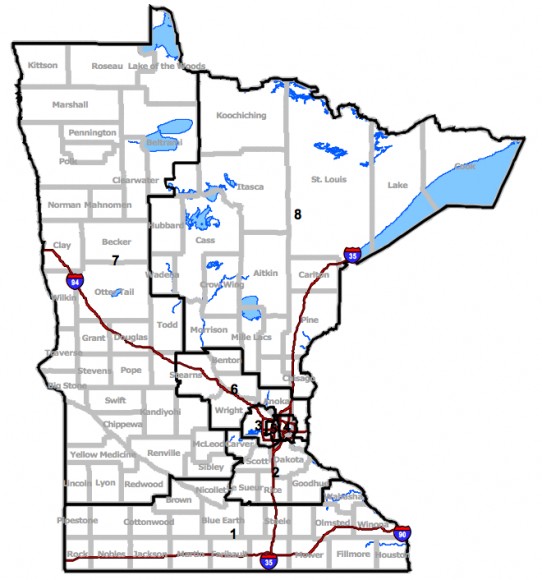 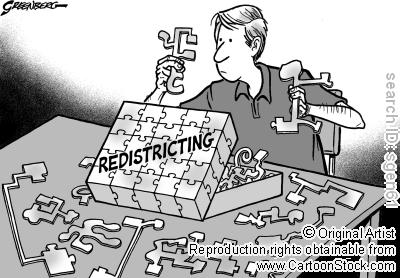 Gerrymandering: The drawing of legislative district boundaries to benefit a party, group, or incumbent Gerrymandering gives a political party an advantage in a district by weakening the opposing party's strength by splitting up the party.  
Incumbent: The current holder of an elected office The incumbent of the United States presidency is Barack Obama.Click HERE for a video of Obama's inauguration
Enumerated Powers: The powers explicitly given to Congress in the Constitution Some enuemerated powers are the power to make war and the power to "lay and collect taxes." Click HERE for a list of the enumerated powers.
Party Caucus: A meeting of the members of a party in a legislative chamber to select party leaders and to develop party policy; called a conference by the Republicans The party caucus elects party officers and have say in other important issues dealing with the party.
Minority Leader: The legislative leader selected by the minority party as spokesperson for the opposition; current minority leader of the Senate is Republican Senator Mitch McConnell The Minority Leader is also called the Minority floor leader because they manage and schedule the legislative and executive business of the Senate.Click HERE for Sen. Mitch McConnell's official website.
House Rules Committee: One of the most powerful committees in either chamber. It decides the rules governing the length of the floor debate on any legislative issue and sets limits on the number and kinds of floor amendments that will be allowed. The House Rules Committee can delay consideration of a bill by refusing to grant a rule, or ticket to the floor.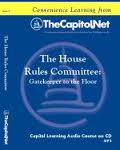 
Open Rule: A procedural rule in the House of Representatives that permits debate on floor amendments within the overall time allocated to the bill An open rule allows for debate and amendments from the floor of the House, not just the committee responsible for the bill.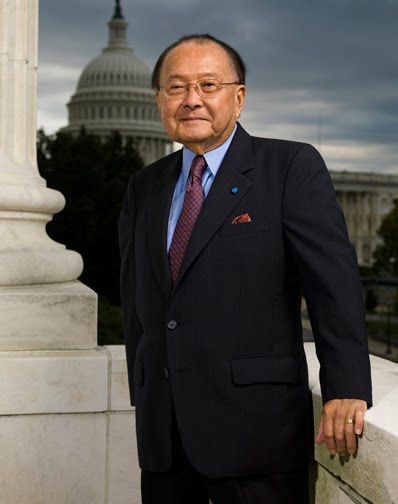
Hold: A procedural practice in the Senate whereby a senator temporarily blocks the consideration of a bill or nomination 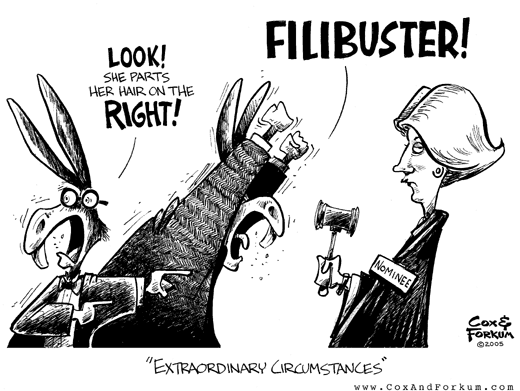 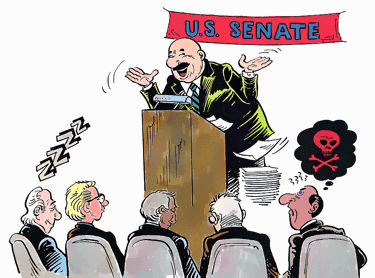
Cloture- A procedure for terminating debate, especially filibusters, in the Senate A cloture can be accomplished through the a vote two days after 16 senators sign a petition asking for cloture.  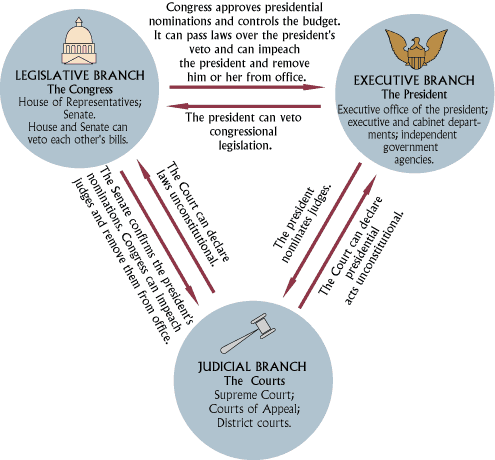
Standing committee- A permanent committee established in a legislature, usually focusing on a policy area Standing committees consider bills and issues and recommend measures for consideration by their respective committee or policy area. 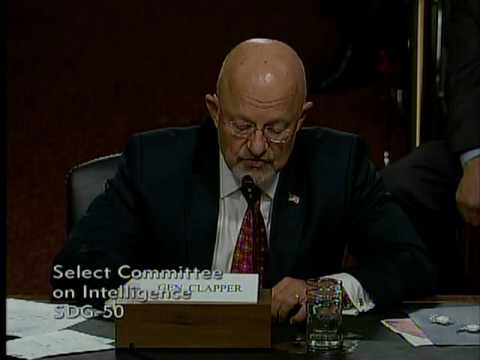
Joint committee- A committee composed of members of both the House of Representatives and the Senate. An example of a joint committee is the Joint Committee on the Library or the Joint Committee on the Conduct of War. |
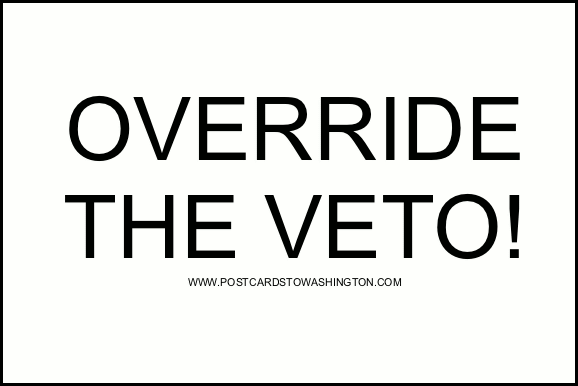 | 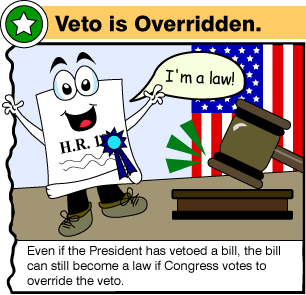 |
1. A ______________ __________________ is a congressional committee created for a specific purpose, sometimes to conduct an investigation.
2. _______________ are special spending projects that are set aside on behalf of individual members of Congress for their constituents.
3. Mutual aid and vote trading among legislators is referred to as _______________________.
4. A _______________ committee is appointed by the presiding officers of each chamber to adjust differences on a particular bill passed by each in different form.
5. Presidential custom of submitting the names of prospective appointees for approval to senators from the states in which the appointees are to work is called ______________________.
6. ______________ is the redrawing of congressional and other legislative district lines following the census, to accommodate population shifts and keep districts as equal as possible in population.
7. A procedure for terminating debate, especially filibusters, in the Senate is referred to as a/an ____________________.
8. The powers explicitly given to Congress in the Constitution is called the _____________________________________.
9. _________________ is the assigning by Congress of congressional seats after each census; state legislatures reapportion state legislative districts.
10. A _____________ is a procedural practice in the Senate whereby a senator temporarily blocks the consideration of a bill or nomination.
??True or False??
11. The legislative leader selected by the majority party who helps plan party strategy, confers with other party leaders, and tries to keep members of the party in line is called the Speaker.
12. A committee is a meeting of the members of a party in a legislative chamber to select party leaders and to develop party policy.
13. Gerrymandering is the drawing of legislative district boundaries to benefit a party, group, or incumbent.
14. A Discharge Petition is a petition that, if signed by a majority of the House of Representatives’ members, will pry a bill from committee and bring it to the floor for consideration.
15. Attentive Public are the residents of a congressional district or state.
~*~*~*~*~*~*~*~*~*~*~*~*~*~*~*~*~*~*~*~*~*~*~*~*~*~*~*~*~*~*~*~*~*~*~*~*~*~*~*~*~*~*~*~~*~*~*~*~*~*~*~*~*~*~*~*~*~*~*~*~*~*~*~*~*~*~*~*~*~*
Mini Fun Game: WHO are YOU?
1. How many years would you like to work in Congress?
A. 6 years B. 2 years
2. Do you like surrounding yourself with a big number of people or smaller number, more intimate, group of people?
A. Small group B. Big group
3. Are you more of a leader or a follower?
A. Follower B. Leader
4. Do you want bills to come to your first?
A. No B. Yes
SENATE
*** IF you chose mostly B's then you are best fit to be in the:
HOUSE OF REPRESENTATIVES
*~* Answers:
1. Special/select committee
2. Earmarks
3. Logrolling
4. Conference
5. Senatorial Courtesy
6. Redistricting
7. Cloture
8. Enumerated Powers
9. Reapportionment
10. Hold
11. False; Majority Leader
12. False; Party Caucus
13. True
14. True
15. False; Constituents



